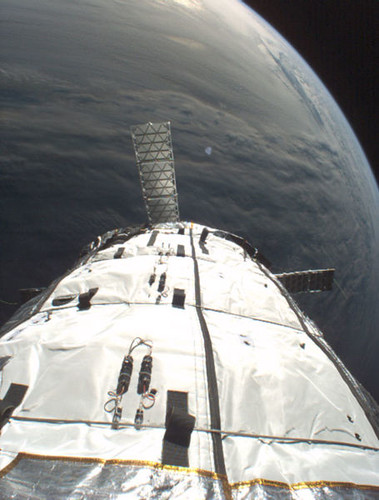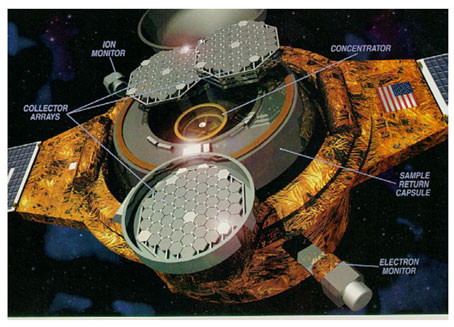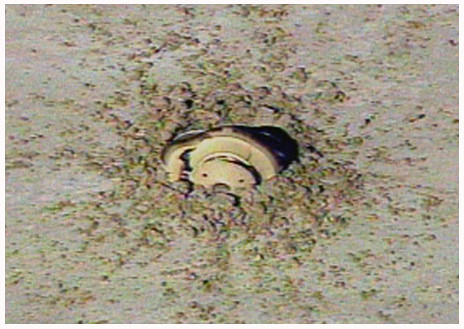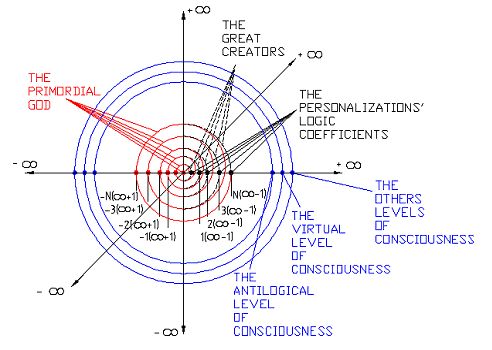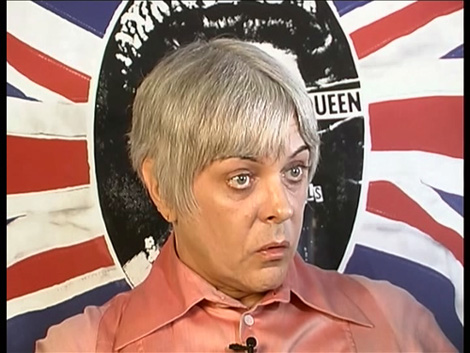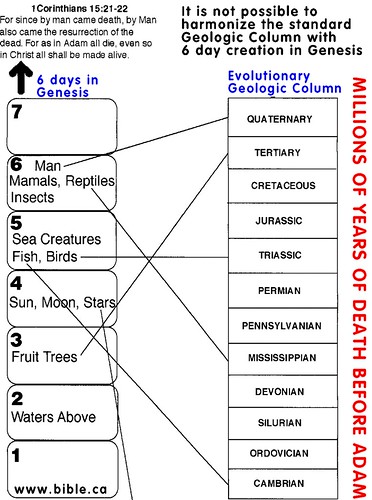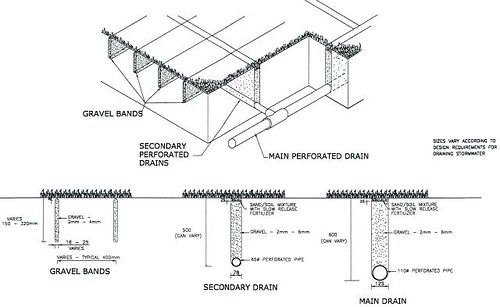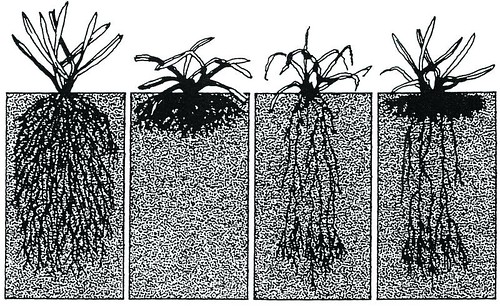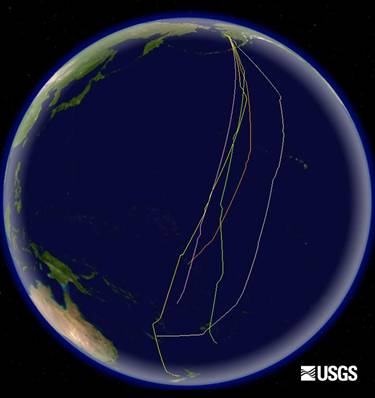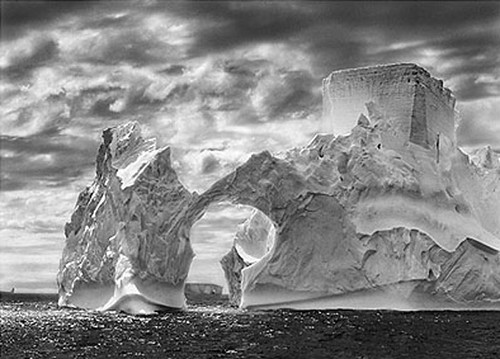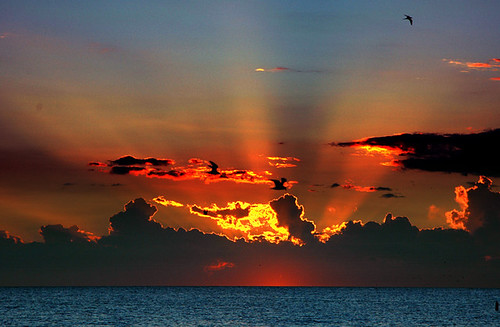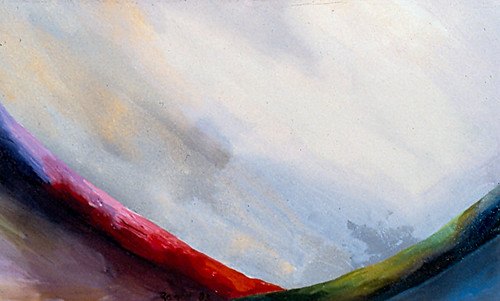-David Evans, July 18 2008, The Australian
I DEVOTED six years to carbon accounting, building models for the Australian Greenhouse Office. I am the rocket scientist who wrote the carbon accounting model (FullCAM) that measures Australia's compliance with the Kyoto Protocol, in the land use change and forestry sector.
FullCAM models carbon flows in plants, mulch, debris, soils and agricultural products, using inputs such as climate data, plant physiology and satellite data. I've been following the global warming debate closely for years.
When I started that job in 1999 the evidence that carbon emissions caused global warming seemed pretty good: CO2 is a greenhouse gas, the old ice core data, no other suspects.
The evidence was not conclusive, but why wait until we were certain when it appeared we needed to act quickly? Soon government and the scientific community were working together and lots of science research jobs were created. We scientists had political support, the ear of government, big budgets, and we felt fairly important and useful (well, I did anyway). It was great. We were working to save the planet.
But since 1999 new evidence has seriously weakened the case that carbon emissions are the main cause of global warming, and by 2007 the evidence was pretty conclusive that carbon played only a minor role and was not the main cause of the recent global warming. As Lord Keynes famously said, "When the facts change, I change my mind. What do you do, sir?"
There has not been a public debate about the causes of global warming and most of the public and our decision makers are not aware of the most basic salient facts:
1. The greenhouse signature is missing. We have been looking and measuring for years, and cannot find it.
Each possible cause of global warming has a different pattern of where in the planet the warming occurs first and the most. The signature of an increased greenhouse effect is a hot spot about 10km up in the atmosphere over the tropics. We have been measuring the atmosphere for decades using radiosondes: weather balloons with thermometers that radio back the temperature as the balloon ascends through the atmosphere. They show no hot spot. Whatsoever.
If there is no hot spot then an increased greenhouse effect is not the cause of global warming. So we know for sure that carbon emissions are not a significant cause of the global warming. If we had found the greenhouse signature then I would be an alarmist again.
When the signature was found to be missing in 2007 (after the latest IPCC report), alarmists objected that maybe the readings of the radiosonde thermometers might not be accurate and maybe the hot spot was there but had gone undetected. Yet hundreds of radiosondes have given the same answer, so statistically it is not possible that they missed the hot spot.
Recently the alarmists have suggested we ignore the radiosonde thermometers, but instead take the radiosonde wind measurements, apply a theory about wind shear, and run the results through their computers to estimate the temperatures. They then say that the results show that we cannot rule out the presence of a hot spot. If you believe that you'd believe anything.
2. There is no evidence to support the idea that carbon emissions cause significant global warming. None.
There is plenty of evidence that global warming has occurred, and theory suggests that carbon emissions should raise temperatures (though by how much is hotly disputed) but there are no observations by anyone that implicate carbon emissions as a significant cause of the recent global warming. 3. The satellites that measure the world's temperature all say that the warming trend ended in 2001, and that the temperature has dropped about 0.6C in the past year (to the temperature of 1980). Land-based temperature readings are corrupted by the "urban heat island" effect: urban areas encroaching on thermometer stations warm the micro-climate around the thermometer, due to vegetation changes, concrete, cars, houses. Satellite data is the only temperature data we can trust, but it only goes back to 1979. NASA reports only land-based data, and reports a modest warming trend and recent cooling. The other three global temperature records use a mix of satellite and land measurements, or satellite only, and they all show no warming since 2001 and a recent cooling.
4. The new ice cores show that in the past six global warmings over the past half a million years, the temperature rises occurred on average 800 years before the accompanying rise in atmospheric carbon. Which says something important about which was cause and which was effect.
None of these points are controversial. The alarmist scientists agree with them, though they would dispute their relevance.
The last point was known and past dispute by 2003, yet Al Gore made his movie in 2005 and presented the ice cores as the sole reason for believing that carbon emissions cause global warming. In any other political context our cynical and experienced press corps would surely have called this dishonest and widely questioned the politician's assertion.
Until now the global warming debate has merely been an academic matter of little interest. Now that it matters, we should debate the causes of global warming.
So far that debate has just consisted of a simple sleight of hand: show evidence of global warming, and while the audience is stunned at the implications, simply assert that it is due to carbon emissions.
In the minds of the audience, the evidence that global warming has occurred becomes conflated with the alleged cause, and the audience hasn't noticed that the cause was merely asserted, not proved.
If there really was any evidence that carbon emissions caused global warming, don't you think we would have heard all about it ad nauseam by now?
The world has spent $50 billion on global warming since 1990, and we have not found any actual evidence that carbon emissions cause global warming. Evidence consists of observations made by someone at some time that supports the idea that carbon emissions cause global warming. Computer models and theoretical calculations are not evidence, they are just theory.
What is going to happen over the next decade as global temperatures continue not to rise? The Labor Government is about to deliberately wreck the economy in order to reduce carbon emissions. If the reasons later turn out to be bogus, the electorate is not going to re-elect a Labor government for a long time. When it comes to light that the carbon scare was known to be bogus in 2008, the ALP is going to be regarded as criminally negligent or ideologically stupid for not having seen through it. And if the Liberals support the general thrust of their actions, they will be seen likewise.
The onus should be on those who want to change things to provide evidence for why the changes are necessary. The Australian public is eventually going to have to be told the evidence anyway, so it might as well be told before wrecking the economy.
Dr David Evans was a consultant to the Australian Greenhouse Office from 1999 to 2005.

